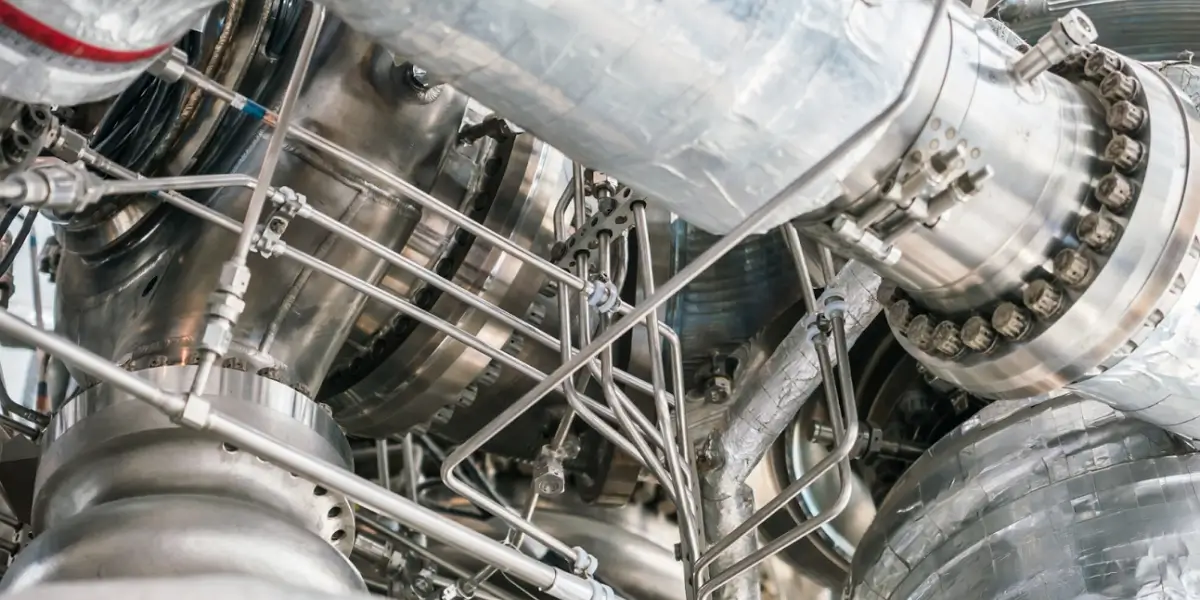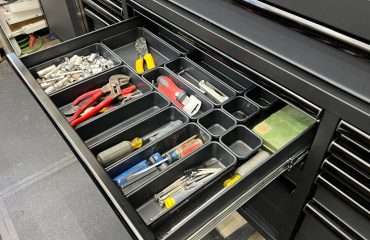
The car smog suppressor is an important element of the vehicle exhaust system, responsible for reducing the toxicity of exhaust gasses. Like any other component, the internal combustion engine scrubber is subject to wear and tear and may fail. Timely detection of vehicle emission reducer malfunctions will help avoid serious engine problems and costly repairs. But if you need to sell, you can view the current price list and find a buyer on the AutoCatalystMarket website.
Main signs of a faulty catalyst
When the “Check Engine” indicator illuminates on the control panel, it’s often an early warning of a malfunctioning exhaust purification unit. This alert can signify a range of engine issues, including problems with the vehicle’s pollution control device. Prompt vehicle diagnostics are essential to pinpoint the root cause when this indicator activates.
Diminished engine thrust
Blockages or impairments within the vehicle emission reducer can obstruct exhaust flow, reducing engine vigor. This may manifest as sluggish acceleration, particularly at higher velocities, or an inability to achieve maximum speed.
Elevated fuel usage
Compromised catalysts can lead to an uptick in fuel consumption. This is attributed to the engine operating under strained conditions to offset the diminished power, resulting in higher than-normal fuel usage.
Irregular engine idling
Damage to the exhaust gas neutralizer can lead to uneven engine idling, characterized by fluctuating engine speeds or sporadic operation sounds. These issues stem from disruptions in the engine cylinders’ fuel combustion process.
Abnormal exhaust noises
A compromised vehicle exhaust purifier might produce atypical noises from the exhaust setup, such as buzzing, whistling, or clanking sounds, particularly under heavy acceleration. These noises often arise when the catalytic converter’s ceramic core degrades, allowing debris to enter the exhaust pathway.
What to do if you notice signs of a vehicle emission reducer malfunction?
Should any of the aforementioned indicators manifest, it’s imperative to consult a professional mechanic without delay. Such a specialist is equipped to pinpoint the exact issue and suggest suitable remedies. There are instances where the catalytic converter might need replacement, a process that can be notably costly.
To prolong the lifespan of your car’s exhaust purification unit and forestall its early degradation, the following practices are advisable:
- Adhere to a routine maintenance schedule for your vehicle;
- Fuel your car exclusively with the high-grade fuel recommended by its maker;
- Refrain from excessive revving and abrupt speed surges during drives;
- Address any issues with the engine or exhaust system promptly.
Abiding by these guidelines will aid in maintaining the operational integrity of your catalytic converter, thereby ensuring your vehicle remains compliant with prevailing environmental regulations.



